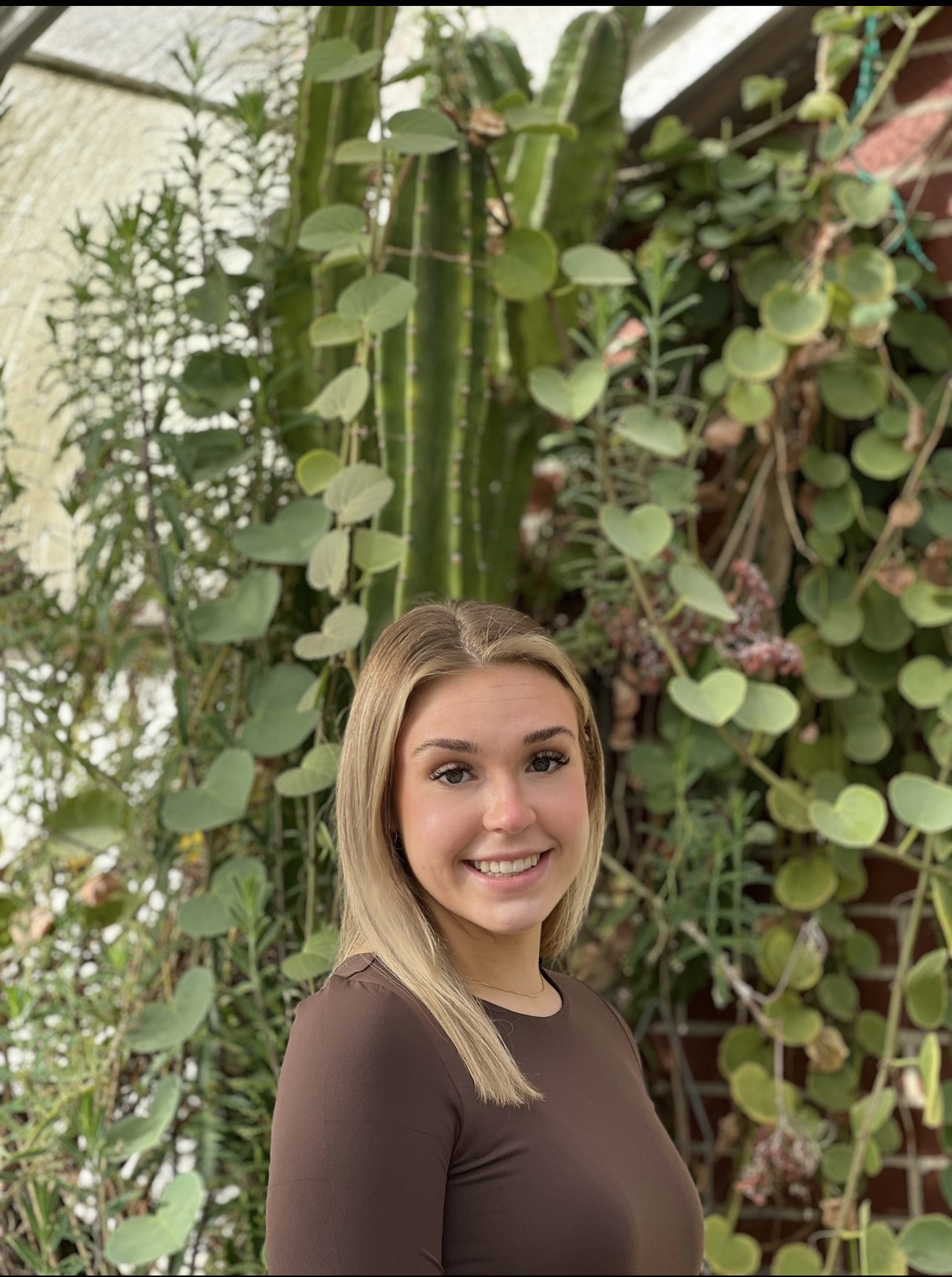How likely are adolescents to seek help from a general practitioner for a personal problem?
(Photo provided by Holly McLaughlin)
“We found that youth’s help-seeking intentions decreased as age and grade increased... We also found that there was no gender difference in help-seeking intentions.” ~Holly McLaughlin
Ψ
*In the following article, TS refers to The Synapse and HM refers to Holly McLaughlin;
TS: Could you briefly introduce yourself, your supervisor, the topic of your research, and the field it contributes to?
HM: My name is Holly McLaughlin, and I am a fourth-year psychology student. Last semester, I collaborated with Dr. Sears on a study assessing adolescents’ intentions to seek help from a general practitioner for a personal problem.
TS: What was your research project (main research question, inspiration for project, methods, results if applicable) and your contributions? What drew you to pursuing this project?
HM: We were interested in how willing adolescents were to seek help from a general practitioner for a personal problem. The inspiration for this project was to address a gap in the literature: although multiple studies have examined adolescents’ help-seeking intentions from friends and from parents, less research has considered their help-seeking intentions from specific professionals such as general practitioners.
This study was based on data from a broader investigation examining adolescents’ intentions to seek help from different professionals. More than 250 New Brunswick adolescents in grades 9 through 12 completed a survey at school.
In my study, we found that adolescents’ intentions to seek help from a general practitioner were low. Their intentions decreased as age and grade increased, and there was no gender difference shown.
My primary tasks involved conducting a literature review, considering ethical issues related to obtaining consent from adolescents, writing a description of the participants and the help-seeking intentions survey, and participating in data cleaning (i.e. dealing with unusable data) and analyzing survey data.
I was interested in this project because I was curious to see whether adolescents would consult a general practitioner for a personal problem. It was interesting to examine the results and have discussions with Dr. Sears about how the results apply in a real-world context.
TS: Are there any future studies that will be conducted based on your project?
HM: My results will be combined with other results from the larger study that are examining youth’s intentions to seek help from other types of professionals, such as a teacher or a mental health professional.
TS: Why did you choose to take the Basic Research course? To what extent did the research experience align with what you’d expected?
HM: I enrolled in Basic Research to gain research experience. This opportunity exceeded my expectations. Instead of focusing on a single task for the entire semester, Dr. Sears provided me with opportunities to complete many tasks, which I found valuable because it gave me a sense of what completing an Honours thesis would entail.
TS: Is there anything else you’d like to share about your research experience?
HM: This research experience allowed me to acquire valuable skills, such as how to clean and analyze data. I was especially pleased to have the opportunity to learn from Dr. Sears about the different tasks involved in research. I advise anyone with the opportunity to complete a research project to do so! Ψ
Created for The Synapse by Incé Husain.
